Hard Drive (HDD) Recovery
- Seamlessly recover lost data from any hard drive.
- Recover data from hard drives in any situation.
- Effortlessly retrieve any file types from your hard drive.
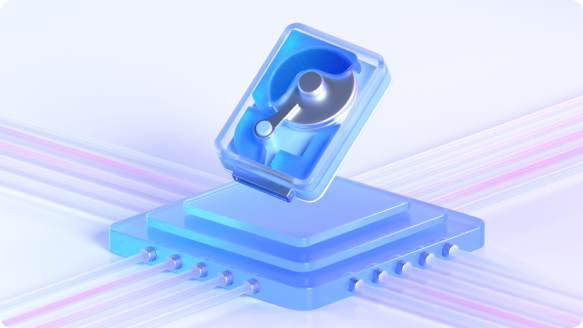
Feb 05, 2026 • Filed to: Windows Computer Solutions • Proven solutions
Windows 10 is the most consumed computer operating system in the world. It controls the market share with an iron fist. Despite its popularity, the OS carries a variable number of flaws that could cause occasional headaches to the user dealing with the issue at hand. One of them is the unresponsiveness of the PC's screen after turning off the sleep mode.
Luckily there are many solutions to fix such an issue, and we will discuss four of them in this article. If you happen to lose data from the PC after any such ordeal and wish to recover it back, then we have the solution to solve that issue as well.
Nothing could get more irritating for the Windows PC user than the time when their device would refuse to start and show a black screen after ending the sleep mode. This could occur due to any number of the following reasons.
Despite the reasons above, you could easily fix the black screen issue and go back to enabling the sleep mode on the PC without any questions. In this part of the article, we will discuss four critical solutions to fix the computer showing a black screen after sleep issue in Windows 10/11. Here are the notable fixes:
Sometimes a new update could cause the built-in functions or utilities of the PC to malfunction. It could also mess with the "Sleep Mode" and other similar services of the Windows OS, including the "Hybrid Mode." It is vital to disable the function to check whether the black screen issue is still occurring after that or not. Here are the steps to disable the fast startup, hibernation, and hybrid mode:
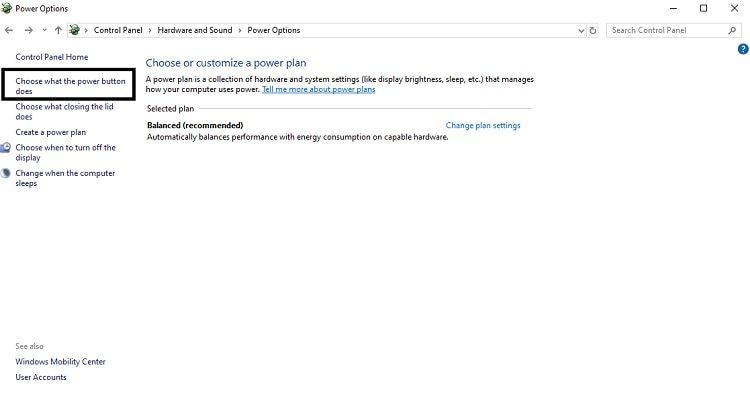
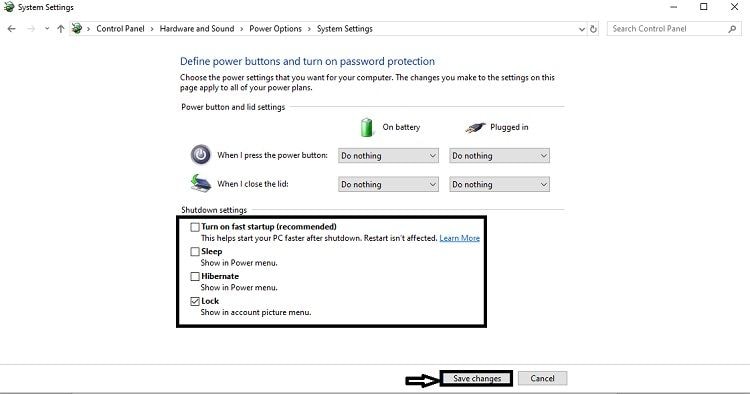
As stated before, some built-in utilities of the Windows OS could play a silent role in causing the black screen to occur after sleep mode. App Readiness Service is one of them, which gets the apps on the PC ready for usage when a user signs in to the computer upon startup. It could cause a number of issues, including the sluggish boot time of the system and users seeing a black screen instead of the conventional desktop display. It is best to disable the feature if such issues ever occur, and here are the steps to perform the process:
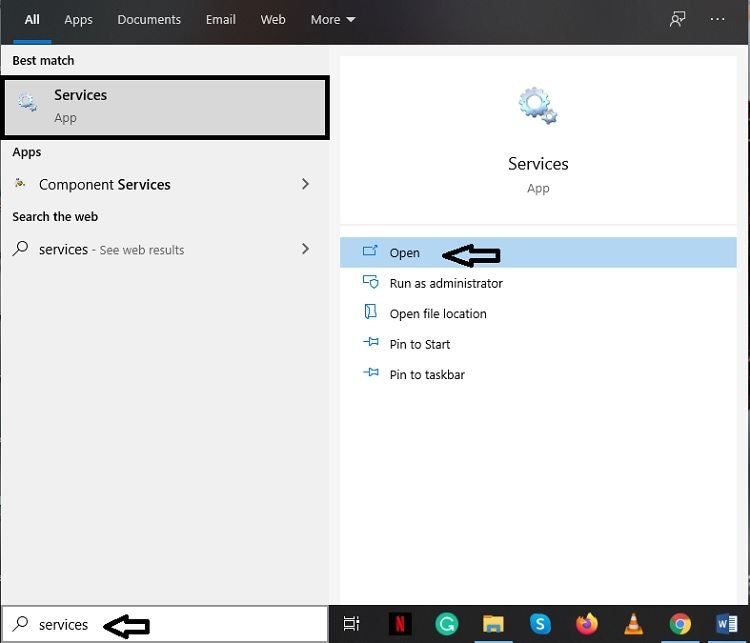
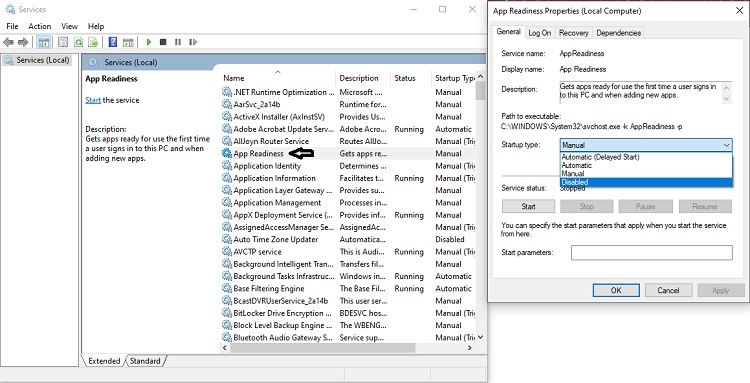
If none of those techniques, as mentioned earlier, work, then it is time to bring out the big gun, which is changing or editing the data values in the "Registry Editor" String. Performing this issue will fix the black screen on the Windows 10/11 PC for sure, and here are instructions to complete the procedure:
Updating the BIOS of the computer should always be considered the last resort to fix the black screen problem on the Windows 10/11 PC when you try to use it after sleep mode. However, if nothing else fixes the problem, then this solution certainly will. Make sure to arrange for permanent sources of battery charging when updating the BIOS. Otherwise, some sudden power outages would obliterate the motherboard of the PC. Here are the steps to perform a BIOS update:
The outdated drivers can cause many issues on your computer. If you’re experiencing the black screen after sleep problem on Windows 10/11, you can try the following steps to update the graphics driver:
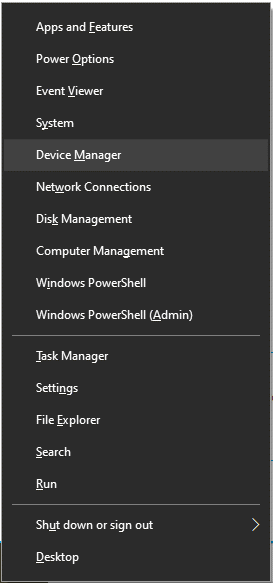
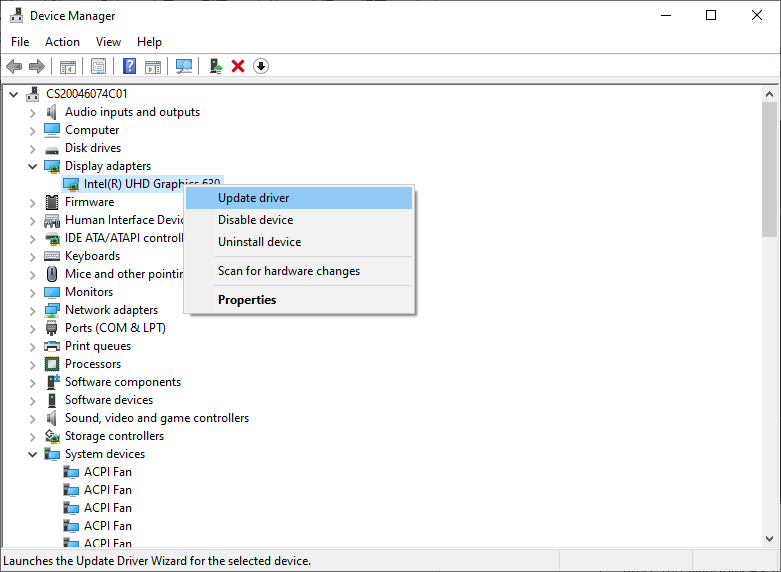
That’s it. Restart your computer and check whether the Windows black screen after sleep issue is fixed or not.
If there is any problematic program installed on your computer, it may also cause the black screen after sleep problem on Windows 10/11. You can follow this way to uninstall the software to fix the issue.
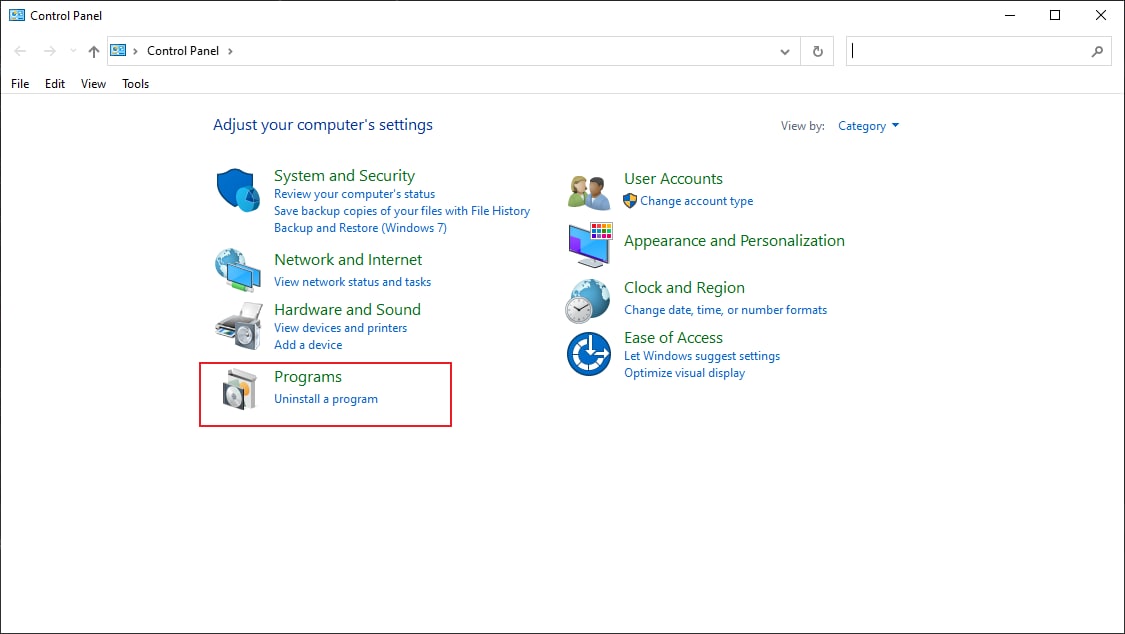
Now, you need to restart your PC to check whether the issue is fixed or not.
For the computer with dual-GPU configurations, it may be helpful to fix the black screen after sleep issue by disabling the onboard graphics driver.
If any solution introduced above didn’t help you solve the problem, we would suggest you disable the Sleep mode.
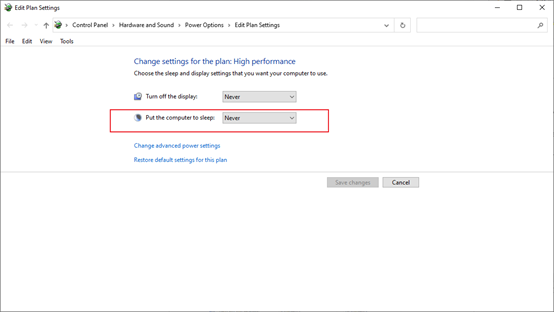
It doesn't matter if your PC is working or if it is crashed with a black screen, you can recover your data from any situation with Recoverit Data Recovery software. Performing to retrieve data from the direst of crises is what separates Recoverit from other data recovery software. Here are a few critical characteristics of Recoverit:
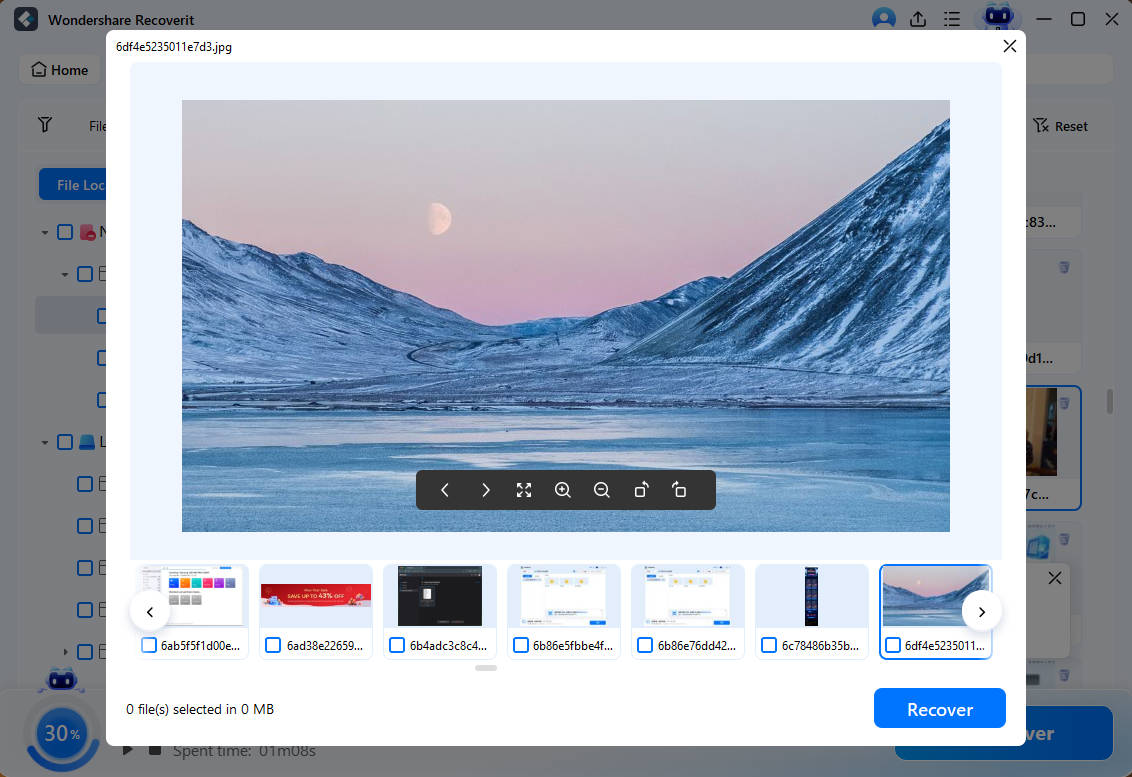
You can regain all your lost files from the Windows PC by following the steps mentioned below after installing and downloading the application on the system:
Step 1. Select a location:
Launch Recoverit on your system from the Start menu and locate the disk drive or folder which you intend to scan for data recovery. After selecting the intended folder, click on "Start."

Step 2. Scan the location:
Depending on the volume of lost data, the recovery scan will take some time to finish. Recoverit allows you to pause or stop the scanning procedure midway from taking a look at the already retrieved data. Once the scan is done, a pop-up message will appear, validating the success of the recovery scan.

Step 3. Preview and recover files:
The restored data will be placed under two categories called "File Type" and "File Path," and you will have the full liberty to preview all the content for as long as you want. Once you are satisfied with the recovery process and the files, select the data, and hit the "Recover" tab to save the data to any location of your choosing.

Electronic devices such as PC and smartphones are unpredictable, and even a minor misstep in operating it could cause the cookie to crumble. The computer screen turning black upon resuming operations from sleep mode is one of such unpredictable consequences that you have to endure.
Luckily, there are ways to fix such an issue. In this article, we have discussed the four most convenient solutions to disable the black screen problem upon startup from sleep mode. We also discussed the quick way to recover data with Recoverit if something were to go sideways and resulted in data loss.
What to do when Alienware black screen after sleep
What to do when NVIDIA goes black screen after sleep
How to fix Intel NUC black screen after sleep
David Darlington
staff Editor